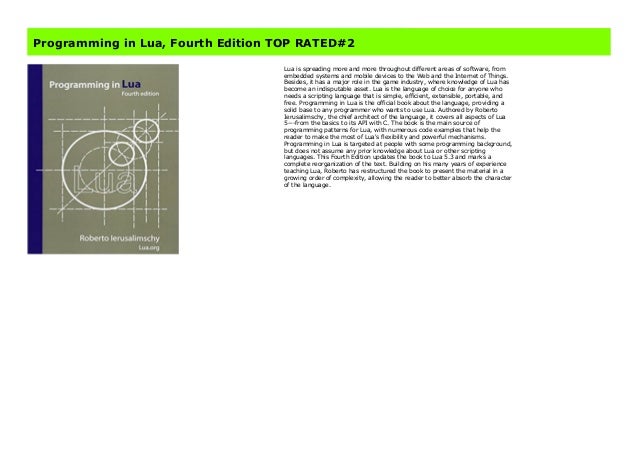Dick Lua C Script
Kinkter.com has a great selection of dirty fetish, BDSM, and kink porn videos across multiple genres. Relax and enjoy good movies.
- fac ={'Front','Back','Left','Right','Top','Bottom'}
- dec ={'http://www.roblox.com/asset/?id=15917021','http://www.roblox.com/asset/?id=180477389','http://www.roblox.com/asset/?id=459153664','http://www.roblox.com/asset/?id=258199424'}
- text ={'666','666','666','666','666','666','hell is a bad p l a c e','s u c c','ARE YOU READY TO SUCK MY DICK FOREVER','tripl 6','a a a a','1234567890','0987654321','THIS SERVER IS FUCKED UP','aladdin','3e3e3e3e3e3e3e3e3e3e3e3e3e3e3e3e3e3e3e3','a2a2a2a2a2a2a2a2a2a2a2a2a2a2a2a2a2a2a2a2a2a2a2a2a2a2a2a2a2a2a2a2a2a2a2a2a2a2a2a2a2a2a2a2a2a2a2a2a2a2a2a2a2a2a2a2a2a2a2a2a2a2a2a2a2a2a2a2a2','agggggg','infectrd'}
- for i=1,#table do
- game:service('ContentProvider'):Preload(table[i])
- end
- for i =1,50do
- a2.Heat =999999999999999
- a2.Color = Color3.new(255,0,0)
- end
- for i, v inpairs(workspace:children())do
- if v:isA('Part')then
- a = Instance.new('Decal',v)
- local tab ={}
- coroutine.resume(coroutine.create(function()
- for i=1,#tab do
- end
- end))
- end
- for i, v inpairs(game.Players:children())do
- light(b.Torso)
- coroutine.resume(coroutine.create(function()
- wait(.1)
- a6 = Instance.new('TextLabel',a5)
- a6.Position = UDim2.new(math.random(),0,math.random(),0)
- a6.TextStrokeTransparency =0
- end
- end
- while wait()do
- l.FogEnd =math.random(1,100)
- l.TimeOfDay ='0:00:00'
- l.Ambient = Color3.new(255,0,0)
- l.OutdoorAmbient = Color3.new(math.random(),math.random(),math.random())
Lua has a very simple C API. You can run Lua code and access lua objects from C. Similarly, you can access C functions and libraries from Lua. In this post, we’ll primarily look at how to expose C functions to lua.
Install Lua
Let’s start off with the installation of lua. You can install lua using system package managers as
Mac:
Ubuntu:
You can also build lua from source. However, you have to build lua as a shared library and this can be a bit tricky.
Lua Stack
Communication between lua and C is held through stacks with each element in stack representing lua value (nil, number, string, etc.).

For example, a C wrapped function c_swap is called in lua as:
In C, you will receive arguments in a stack as
You will then read the arguments from the stack as (indexing for this stack starts with 1 like in lua):
This is actually unsafe because these calls will fail if value in the stack at the specified index is not a number. Following code uses auxiliary library lauxlib.h and is safer; it will raise errors instead of segfaulting.
Then, you will process the arguments and push the results to stack.

Stack will now look like
Since you need to communicate the number of return value to lua, you will return 2. Lua will then know that top 2 values in the stack are the returned values.
The stack we’ve described is not global. Each function has its own stack.
Code
Let’s put all this together into main.c. main() function illustrates how to run lua code from C.
And build and execute as If you have installed lua with apt-get, build using gcc main.c -o swap -llua5.2 -I/usr/include/lua5.2/
Exposing C Functions To Lua - Sasank's Blog
which should print
Library

In the above code, you’ve not really used lua interpretor; you’ve run the lua code in C itself.You might rather want to create a module which you can load into a lua interpretor using
To do this, you’ll have to register your functions by creating a array of luaL_Reg and a function luaopen_mylib.
Let’s do this right away by editing main.c. We will also add additional mysin function.
This code works only for lua 5.2. For lua 5.1, please use luaL_register(L, 'mylib', mylib); instead of luaL_newlib(L, mylib);
Create a loadable .so file with
Lua 5.3 Manual
If you have installed lua with apt-get, build using gcc main.c -shared -o mylib.so -fPIC -llua5.2 -I/usr/include/lua5.2/
See Full List On Codeproject.com
You can now load this module in lua.
Now, you should be able to wrap any C library by writing a lua wrapper.We still have some caveats:
- We will have to write a wrapping function for each of the functions in your C library to ‘parse’ the arguments(
luaL_checknumberetc.). This is repetitive and can be a potential source for bugs. - C doesn’t have classes. What if your library is in C++? You cannot easily wrap classes like above. You will have to mess with metatables and so on.
A solution to both of these is to use Swig. Swig allows you to wrap C/C++ classes/functions into many languages like python, lua, java quite easily. In a later post, we will see how to use swig and wrap a simple library.